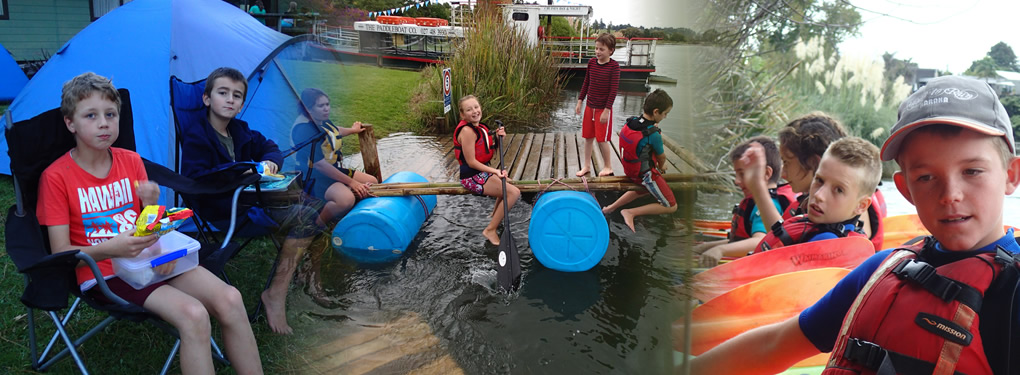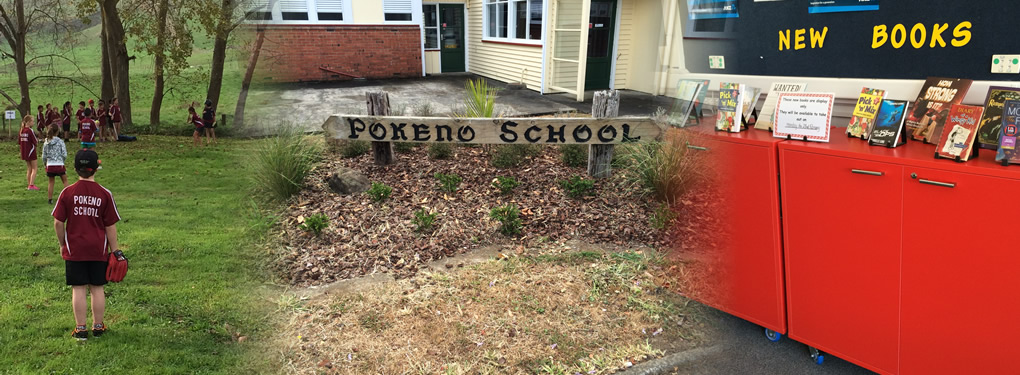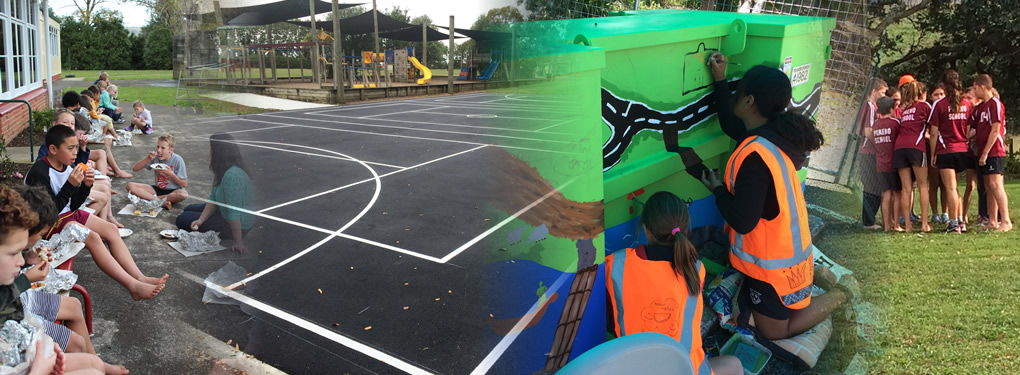Frequently Asked Questions (FAQ)
What is the best way to communicate with the school?
By using HERO you are able to communicate absences, receive notifications about up coming events and our school newsletter. We are also hoping to be able to use HERO very soon to report on your child's learning progress. Follow the steps below to join HERO today. If you need any further support or information please phone the school office and speak with Casey Twist (09-233-6108 ext 900) or email office@pokeno.school.nz.

Do Pokeno School students have a uniform?
We do not have a compulsory uniform. It is important that children are dressed appropriately for school. Shoulders should be covered so please avoid singlets and tops with shoestring straps. Crop tops are not appropriate and clothing should not have any writing or images that could offend. Children are expected to wear hats during terms 1 and 4 when playing outside. We do ask that you name all of your children's clothes.
What does a typical school day look like?
Year 0-3
9:00am First learning block
10:00am Morning tea break
10:30am Second learning block
11:45am Lunch break
12:30pm Third learning block
3:00pm School ends
Year 4-8
9:00am First learning block
10:30am Morning tea break
11:00am Second learning block
12:15am Lunch break
1:00pm Third learning block
3:00pm School ends
What do I pack for my child to eat for lunch?
Lunchboxes can be a real challenge - you want to make sure your children eat a variety of healthy foods, but you also need to know the lunch will be eaten! By including foods from each of the four food groups you will help ensure they get all the necessary nutrients. Asking your children what they would like, or involving them in preparing their own lunchboxes, will reduce the likelihood of the food being thrown away or coming home uneaten.



The healthy lunchbox
Lets think about filling our lunchbox in terms of the four food groups:
Vegetables and Fruits
Vegetable sticks - carrot, cucumber and celery with an optional dip such as cottage cheese, hummus, pesto, Greek yoghurt, tzatziki or *peanut butter.
Small (cherry) or chopped tomatoes
Fresh fruit - chopping bigger fruit beforehand will make it easier to eat - a variety throughout the week maintains interest and ensures a variety of nutrients
Fruit pottles
Mini salads - coleslaw or a lettuce salad with tomato, grated carrot and cucumber
Small packet or handful of raisins or dried fruit
Grain foods (bread, rice, pasta, breakfast cereals)
Sandwiches (ideas - see below)
Cereal bars
Plain biscuits
Plain popcorn
Rice crackers
Potato or pasta salad
Potato cakes
Left over pasta and rice dishes
Milk and milk products
Pottle of yoghurt or yoghurt squeezables
Cubes or slices of cheese
Cottage cheese - add to sandwiches or use as a dip for vegetable sticks
Lean meat and alternatives (lean meat, poultry, seafood, eggs, nuts & seeds, beans and lentils)
Meat or chicken sandwiches
Egg or tuna sandwiches
Hard-boiled eggs
Hummus - Add some to sandwiches or put a couple of tablespoons in a container to go alongside vegetable sticks
* Peanut butter - add to sandwiches or use as a dip for vegetable sticks
* A small handful of nuts and seeds
*Note: We don't have a 'peanut free' policy but we do ask that children do not share food in case of allergies.
Can my child catch the bus to school?
A school bus funded by the Ministry of Education is available to eligible children free of charge. Eligibility depends on the age of the child and distance they live from their nearest school. To find out if your child is eligible for the bus please contact the school office. Ineligible children are able to catch the bus for termly fee of $100.00. This fee must be paid in advance. For more information about the bus service please contact the school office.
How can I order stationery?
We use Warehouse Stationery for all our stationery. Teachers carefully select the stationery to meet the needs of the children at each year level; therefore our preference is that stationery is purchased as a pack. You are able delete any items if you already have these at home. Stationery can be delivered to school or home.
Stationery list are available on HERO and can be ordered online.
To order, go to www.warehousestationery.co.nz and select your child's year level.
If you have any further questions please phone the school office.
What is Reading Eggs?
Reading Eggs is an online programme that we use to support reading progress for all learners in our school.
Reading Eggs incorporates a wide variety of effective, research-based, learning activities within a highly motivational framework that help to keep students on task for longer periods of time.
Through an interactive Web-based program, the design of Reading Eggs uses the following instructional elements that have been shown to be highly effective components of reading programs as evidenced in the research literature:
· an early and continued focus on phonemic awareness and phonics – the alphabetic principle
· building automaticity (instant recall) of a core list of high-frequency sight words
· repetition of activities and re-reading of texts to build fluency
· a wide range of motivational elements
· a variety of instructional formats
· parental involvement · vocabulary activities that build understanding
· comprehension strategies that ensure reading for meaning is central.
If you have any questions about Reading Eggs we encourage you to ask your child's teacher.
There are currently no FAQs.








